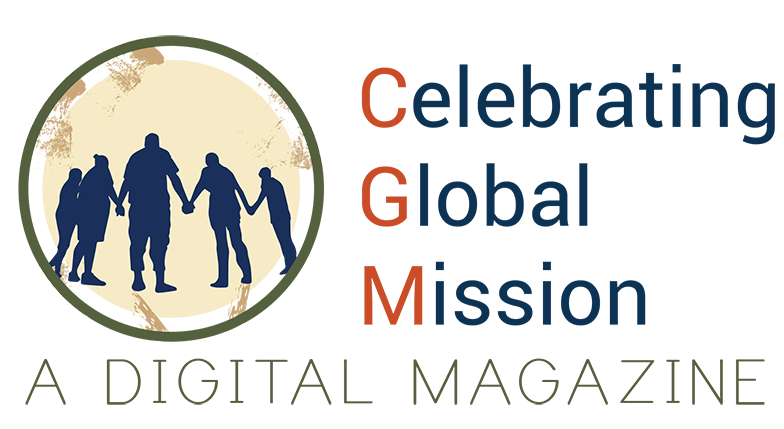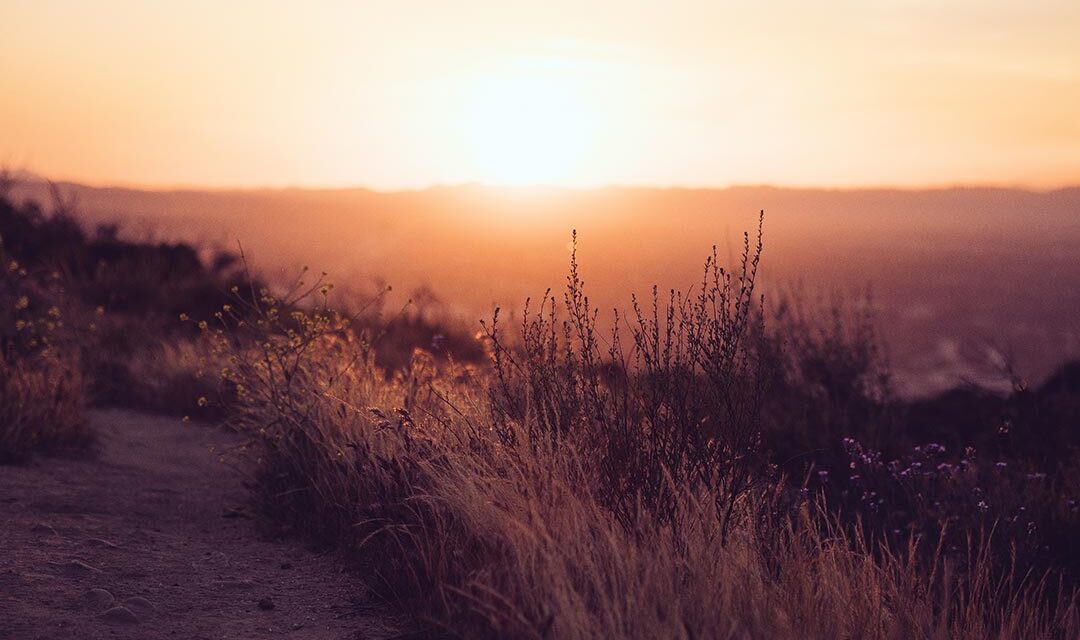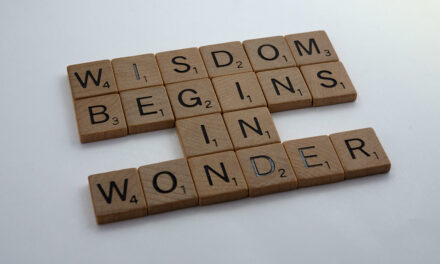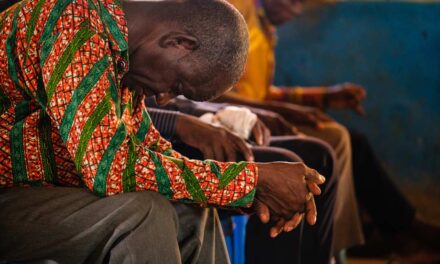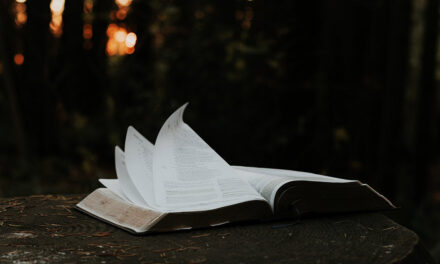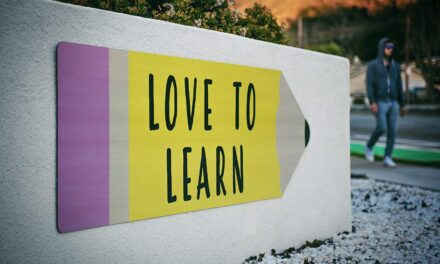(This article was written by Emily*. For security reasons, her name is withheld and the article is published under the name of Leslie Urie, WMPL’s Prayer Mobilization Team Leader. It was written on Ash Wednesday, March 2, 2022. While we’ve just recently celebrated the Easter season, it’s good to reflect on how and why we celebrate Lent.)
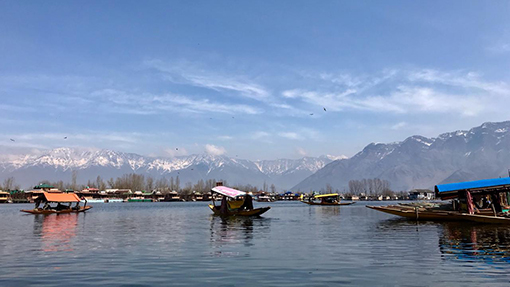
View of lake in South Asia
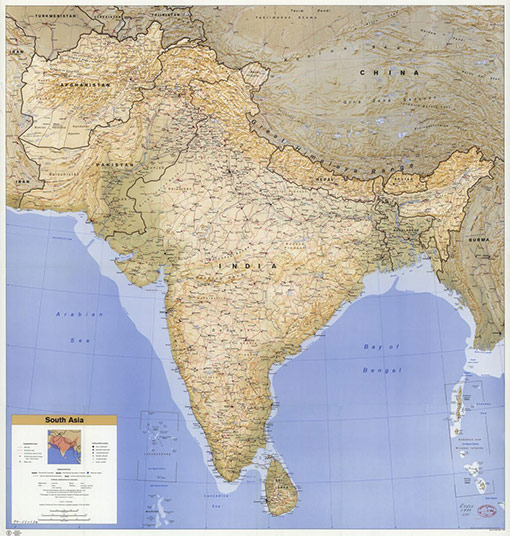
Map of South Asia, courtesy of Library of Congress
It’s Ash Wednesday. No one in our neighborhood knows it. There is no church to attend to have ash crosses pressed onto our foreheads. Our family moved to the South Asian mountains eight years ago and all of our neighbors are Muslims.
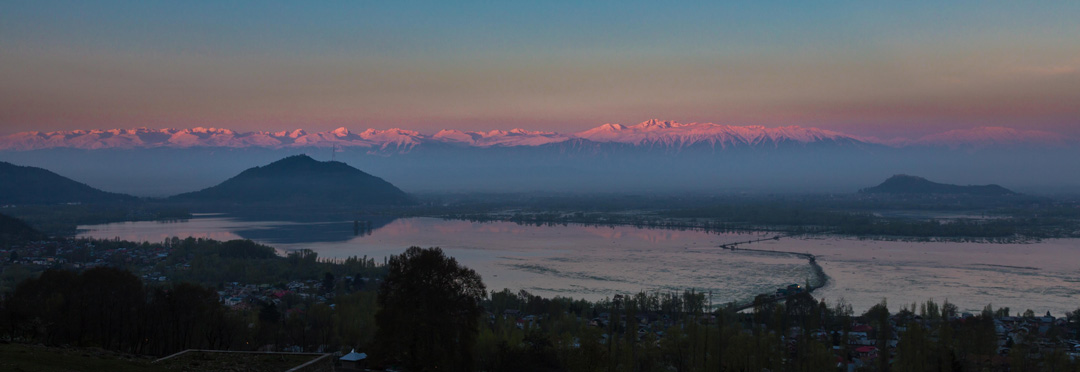
Srinagar mountains
So, my husband goes outside. He takes some charcoal from the burlap sack under our porch. Usually, this charcoal goes into a clay pot with a wicker frame that we carry around in the cold winters. Our home doesn’t have central heating, so when we aren’t in the room with a space heater, we can carry these pots underneath our long, wide woolen overcoats and just heat ourselves.
Today, however, the charcoal will be crushed into a little glass dish and we’ll say the words over ourselves and our three children.
As my husband bends over me and uses his thumb to make the sign, I hear the words I’ve heard since I was a young girl in a beautiful wood-and-stained-glass sanctuary: “Remember that you are dust and to dust you will return.”
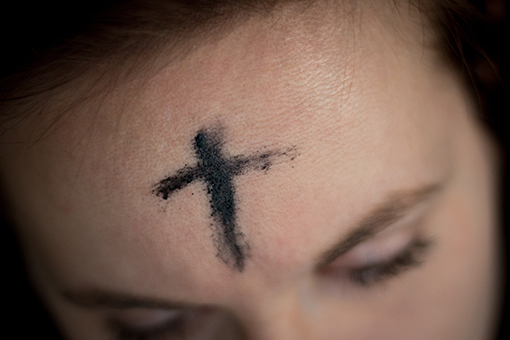
Charcoal cross for Ash Wednesday
These words made me remember that time with my church family, but they also brought me to another moment of community a few years ago.
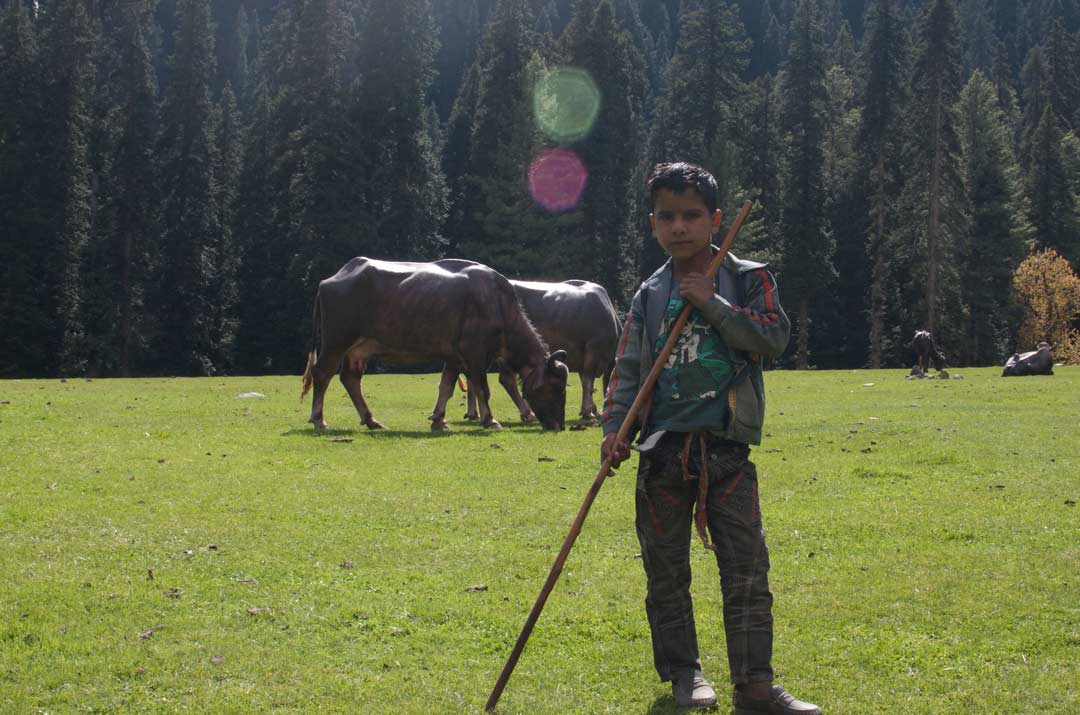
South Asian shepherd boy with cattle
I was sitting cross-legged in a tent of tarps and sticks in the middle of the big field behind our house. The semi-migratory shepherds that live in this area had camped behind our house for the summer months and we would visit them sometimes for a cup of tea and a chat. The mother of the house was squatting over a clay stove she had formed the day she set up her tent. A metal pot balanced over the flames contained black tea with milk and sugar.
I was waiting for it to finish heating when her 18-year-old daughter came to the tent opening with a large plastic bowl full of mud. She had scooped up the dust from the field nearby and worked it into soft, pliable clay. I watched as she swept off the cracked dirt floor that made up the front area of the tent around the stove. Then, she squatted and started scooping the mud out of the bowl and rubbing it onto the ground.
I asked her about her work. She said that every few weeks, they needed to make a new floor so that dust and insects wouldn’t take over the tent. She continued to rub the clay, smoothing it and flattening it in circles as she worked. Her skilled fingers made circular grooves in the clay in a beautiful shell-like design. Before she moved onto a new section, she always made a heart in the middle of the arches. I was mesmerized. So much so, that I didn’t notice my chai cooling at my feet.
Dirt and Dust
Where I grew up, dirt was not a wanted commodity in a house. It needed to be vacuumed up, swept out, and bathed off. But as I watched her work, I felt God speaking to me: “Remember that you are dust.”
God formed us out of dust, just as this young shepherd woman was forming a beautiful floor for her family home. Love and creativity went into the work. Maybe our lives are dust. Maybe we’re not that special or important. We can even feel lonely or unwanted at times — as if the world wants to sweep us out.
But God takes the dust of the earth and makes such beauty. He lovingly fashions us. He carefully creates our lives. He doesn’t just slap us on and say, “Good enough!” Our God is gracious and compassionate, slow to anger and abounding in love and faithfulness.
Baptism: a constant “state of being”
As my husband steps away and leaves the charcoal dust on my forehead, I feel thankful. God isn’t finished with the process of making me. He is continuing to form me until the day we meet face to face.
I can remember being taught that my baptism was a constant “state of being”, not just a “one-time event.” Our pastor encouraged us to “walk wet.”
During each Lenten season, I pray that God helps us to “walk dusty.” The everyday and ordinary tasks, the disappointments, the struggles, the sins, the pains — all are part of the dust. But in the midst of this dust, we can also see God’s hand, molding the dust into something precious in His sight.
While we see our own dust becoming beautiful, we can also look around and see the beauty in the dust around us. Maybe it’s a young woman, squatting to create a beautiful floor. Maybe it’s an old woman, kneeling to stir tea. Maybe it’s a local baker, trying to carry on after losing his son in an accident. Maybe it’s a stressed-out boss, demanding more and more. Maybe it’s a new neighbor, trying to fit into an unfamiliar culture.
How can we meet others in the places God has put us and help them to see that the dust of their lives is worth notice?
What would it take during Lent (and throughout the Easter season) to encourage someone who is feeling swept away?
May God give each of us an opportunity to remind someone of the wonderful, redeeming hands of our Father. May He show us how to mold our own communities with His love and grace.
To view a Mission Minutes video by Emily, click here, then select WMPL: Global Worker.
